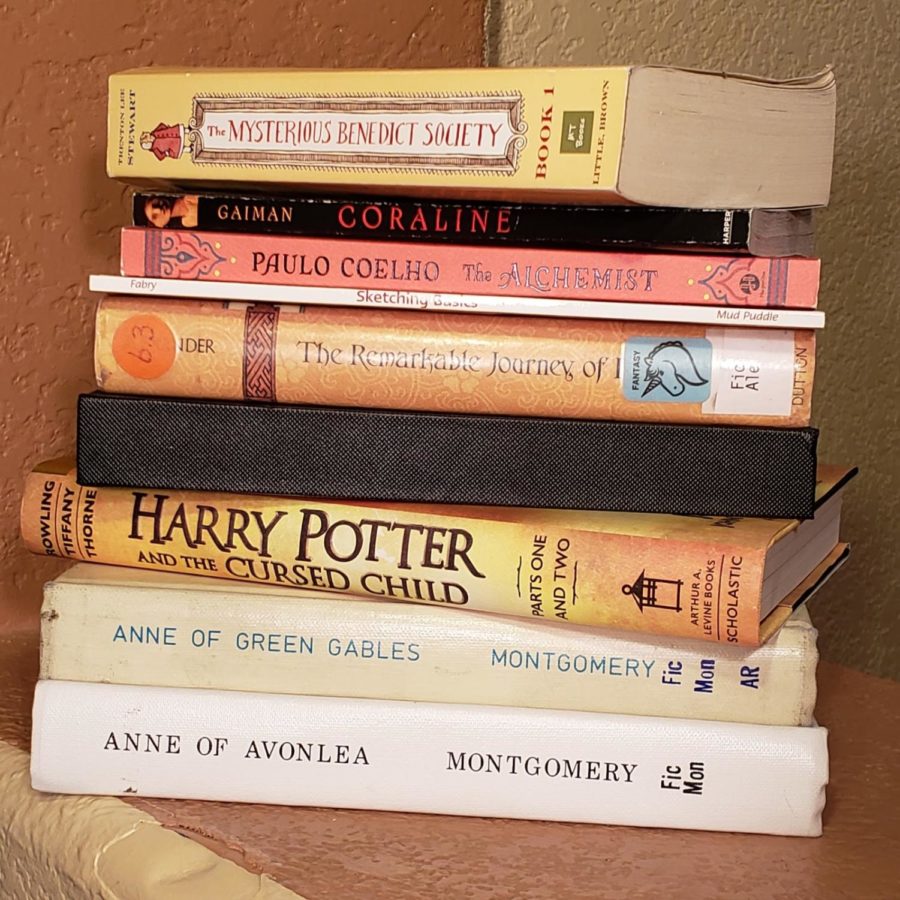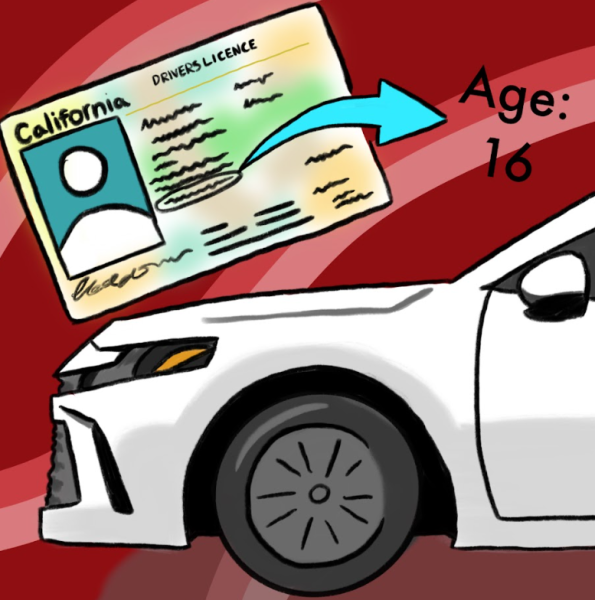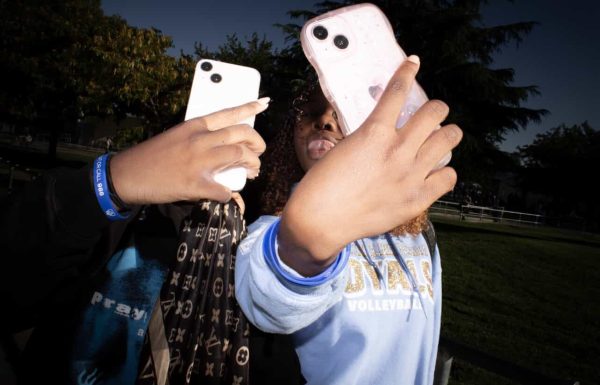Should People Read More?
Picture by Ola Elmahdi
The widespread reach and convenience of cell phones, laptops, and other electronic devices in the 21st century has caused a decrease in the number of books read by the average American. From 2011 to 2015, the number of Americans who had read or begun to read at least one book during the past year dropped from 79% to 72% and has continued to drop. Of these readers, those who had read a book in the form of an ebook increased from 17% to 27% during the same time period (Pew Research Center, 2015). Some speculators have claimed that ebooks, the internet, television, and apps provide all the same information and benefits of reading a physical book. These statements, however, are ignorant and entirely false. Reading physical books is beneficial in numerous ways, and Americans should read much more frequently in order to enjoy these benefits.
A group of researchers at the University of Sussex studied the effectiveness of several methods of reducing stress. Dr. David Lewis discovered that reading a physical book lowered stress levels by 68%, which was deemed the most effective method when compared to other methods, such as listening to music, going for a walk, or drinking a cup of tea. It became apparent during the experiment that subjects needed to read for only six minutes before their heart rate slowed down and the tension in their muscles began to ease.
Reading text on a page also allows people to fall asleep quickly, whereas using electronics before bed has been scientifically proven to lengthen the time it takes to fall asleep. Anne-Marie Chang, a neuroscientist at Brigham and Women’s Hospital in Boston, confirmed that “when individuals use a light-emitting device in the hours before bedtime… The light suppresses their melatonin, which is the sleep-promoting hormone, by more than 50 percent.”
In addition to these merits, there are other benefits that are more commonly known and acknowledged by most people. Reading indubitably expands one’s lexicon, improves writing and communication skills, increases general knowledge of the world, promotes creativity, and provides an alternate reality for readers to entertain themselves and lose themselves in. In the words of the famous philosopher Dr. Seuss, “The more that you read, the more things you will know. The more that you learn, the more places you’ll go.”

I’m Ola Elmahdi, a young, less than energetic editor of the Ubiquity. My favorite article from the Ubiquity is probably “Modesty: Not Always a Virtue”...








